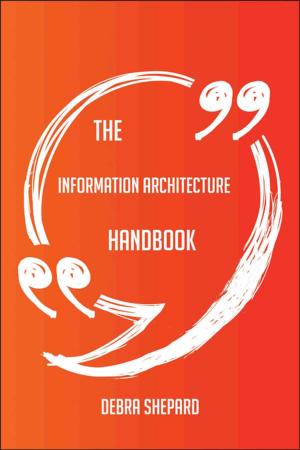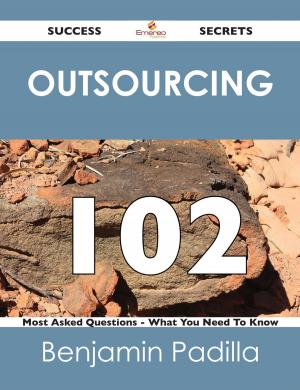A History of Sanskrit Literature - The Original Classic Edition
Nonfiction, Reference & Language, Reference, Fiction & Literature| Author: | Arthur A. MacDonell | ISBN: | 9781486495665 |
| Publisher: | Emereo Publishing | Publication: | March 13, 2013 |
| Imprint: | Emereo Publishing | Language: | English |
| Author: | Arthur A. MacDonell |
| ISBN: | 9781486495665 |
| Publisher: | Emereo Publishing |
| Publication: | March 13, 2013 |
| Imprint: | Emereo Publishing |
| Language: | English |
Finally available, a high quality book of the original classic edition of A History of Sanskrit Literature. It was previously published by other bona fide publishers, and is now, after many years, back in print.
This is a new and freshly published edition of this culturally important work by Arthur A. MacDonell, which is now, at last, again available to you.
Get the PDF and EPUB NOW as well. Included in your purchase you have A History of Sanskrit Literature in EPUB AND PDF format to read on any tablet, eReader, desktop, laptop or smartphone simultaneous - Get it NOW.
Enjoy this classic work today. These selected paragraphs distill the contents and give you a quick look inside A History of Sanskrit Literature:
Look inside the book:
After Alexander’s invasion, the Greeks became to some extent acquainted with the learning of the Indians; the Arabs, in the Middle Ages, introduced the knowledge of Indian science to the West; a few European missionaries, from the sixteenth century onwards, were not only aware of the existence of, but also acquired some familiarity with, the ancient language of India; and Abraham Roger even translated the Sanskrit poet Bhart?ihari into Dutch as early as 1651. ...Considering that the affinity of the oldest form of the Avestan language with the dialect of the Vedas is already so great that, by the mere application of phonetic laws, whole Avestan stanzas may be translated word for word into Vedic, so as to produce verses correct not only in form but in poetic spirit; considering further, that if we knew the Avestan language at as early a stage as we know the Vedic, the former would necessarily be almost identical with the latter, it is impossible to avoid the conclusion that the Indian branch must have separated from the Iranian only a very short time before the beginnings of Vedic literature, and can therefore have hardly entered the North-West of India even as early as 1500 B.C.
Finally available, a high quality book of the original classic edition of A History of Sanskrit Literature. It was previously published by other bona fide publishers, and is now, after many years, back in print.
This is a new and freshly published edition of this culturally important work by Arthur A. MacDonell, which is now, at last, again available to you.
Get the PDF and EPUB NOW as well. Included in your purchase you have A History of Sanskrit Literature in EPUB AND PDF format to read on any tablet, eReader, desktop, laptop or smartphone simultaneous - Get it NOW.
Enjoy this classic work today. These selected paragraphs distill the contents and give you a quick look inside A History of Sanskrit Literature:
Look inside the book:
After Alexander’s invasion, the Greeks became to some extent acquainted with the learning of the Indians; the Arabs, in the Middle Ages, introduced the knowledge of Indian science to the West; a few European missionaries, from the sixteenth century onwards, were not only aware of the existence of, but also acquired some familiarity with, the ancient language of India; and Abraham Roger even translated the Sanskrit poet Bhart?ihari into Dutch as early as 1651. ...Considering that the affinity of the oldest form of the Avestan language with the dialect of the Vedas is already so great that, by the mere application of phonetic laws, whole Avestan stanzas may be translated word for word into Vedic, so as to produce verses correct not only in form but in poetic spirit; considering further, that if we knew the Avestan language at as early a stage as we know the Vedic, the former would necessarily be almost identical with the latter, it is impossible to avoid the conclusion that the Indian branch must have separated from the Iranian only a very short time before the beginnings of Vedic literature, and can therefore have hardly entered the North-West of India even as early as 1500 B.C.















